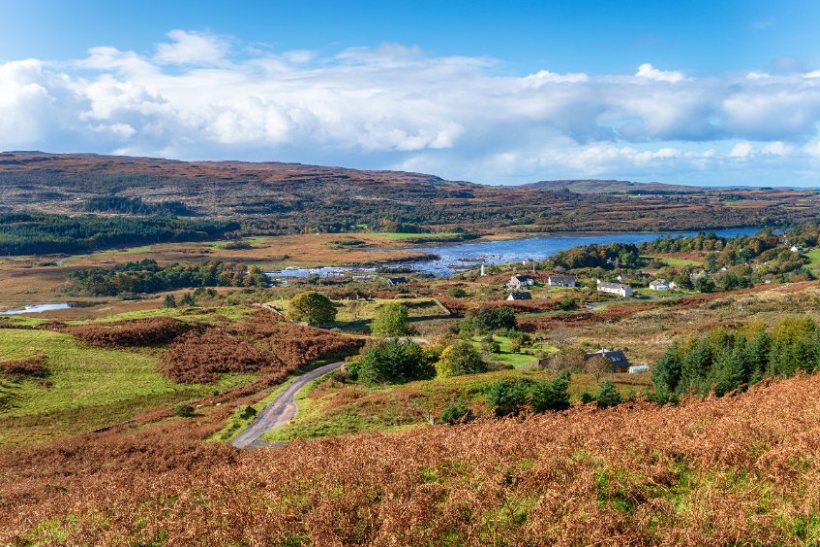
Farmers and landowners are being urged to showcase the work they are doing to improve land and resources that contribute to Scotland’s transition to net zero.
The Scottish Land Commission is calling on landowners who are engaged in natural capital projects that create community benefit to come forward to be recognised for the work they are doing.
In partnership with Highlands and Islands Enterprise (HIE), the Commission is gathering examples of projects that can be showcased as good practice and replicated across the sector.
The projects and activities being sought are those that try to improve the way the land around them is used to help fight climate change.
With the growing interest in ‘natural capital’, landowners and communities are being urged to think creatively about what the ‘community benefit’ of projects to improve natural capital can be.
Community benefit can include restoring peatland to reduce flood risk, training local people to plant trees, working with local communities on how to share the benefits of natural capital funding and much more.
Case studies of initiatives that set out to deliver community benefit, but face challenges and barriers – and how these can be overcome – are also welcome, to support learning around this relatively new area.
The case studies will be highlighted by the Commission to demonstrate how communities can get involved in improving the land and natural environment around them and the benefits they can experience because of this.
The Commission believes communities should be front and centre of natural capital initiatives and benefit from the significant change in land use that is needed to achieve Scotland’s transition to net zero.
Emma Cooper, of the Scottish Land Commission’s said: “Communities must be able to engage, influence and participate from the outset if they are to fully benefit from natural capital investment. Equally important is that the financial and wider benefits are shared equally.
“We are asking landowners and communities to think creatively about what community benefit actually means to them, and we would love to hear how particular communities have benefited from natural capital projects carried out in their areas.”
Recent advice published by the Scottish Land Commission makes recommendations for regulatory reforms alongside changes in culture, practice and policy to ensure the long-term benefits of natural capital are shared fairly.
They include embedding community benefit requirements as a condition of carbon and natural capital market participation as well as supporting collaborative ownership and governance structures to provide more opportunity for community involvement.
Ms Cooper added: “An inclusive, sustainable, and empowered local economy – where land is used and managed productively and in the public interest – should rest on a community’s needs and aspirations.
"We would welcome case studies which underline the benefits of successfully realised natural capital initiatives.”
The Commission is asking for case studies to be submitted via email to douglas@communityenterprise.co.uk before 21 July 2022.
